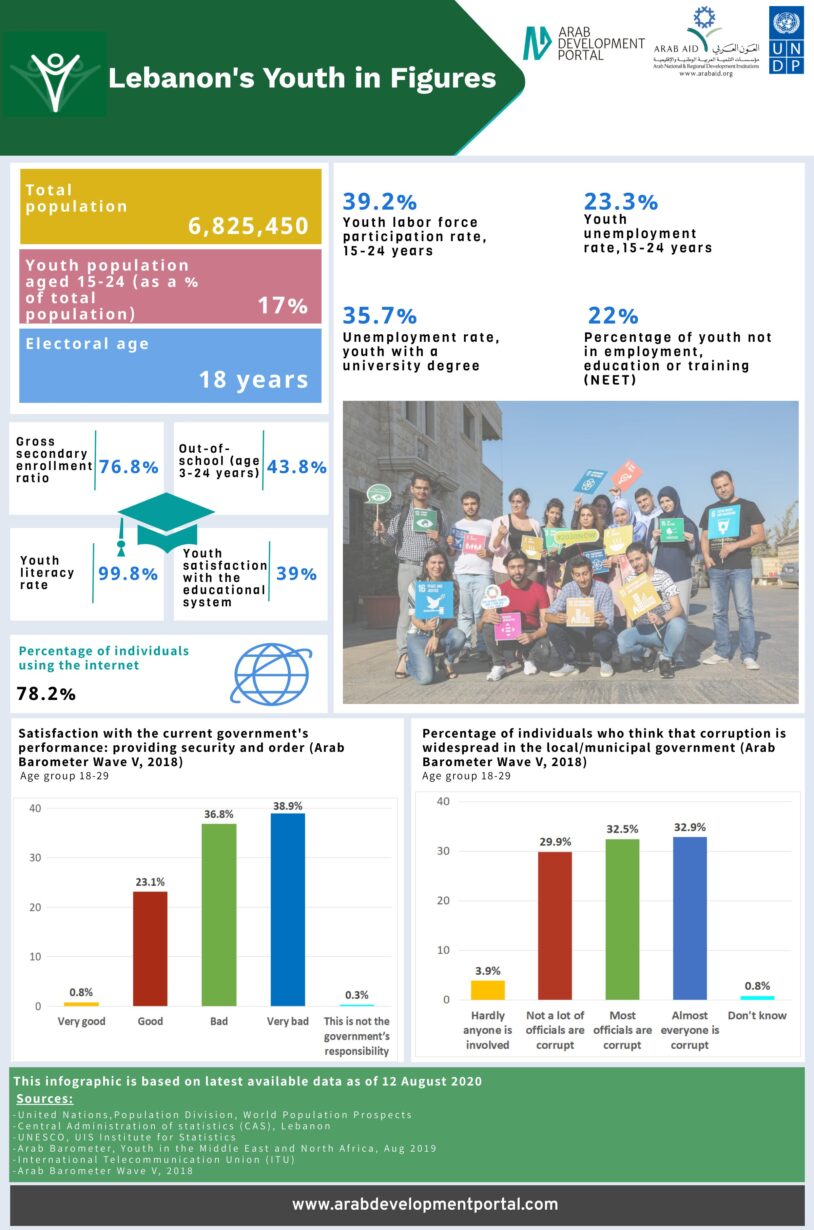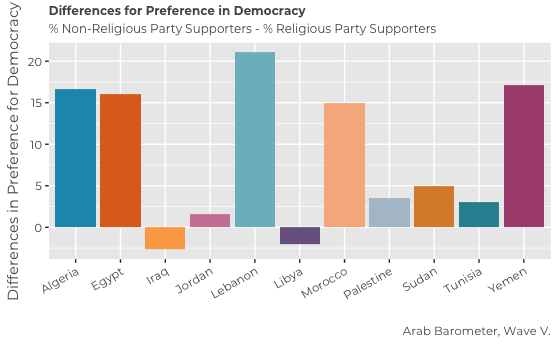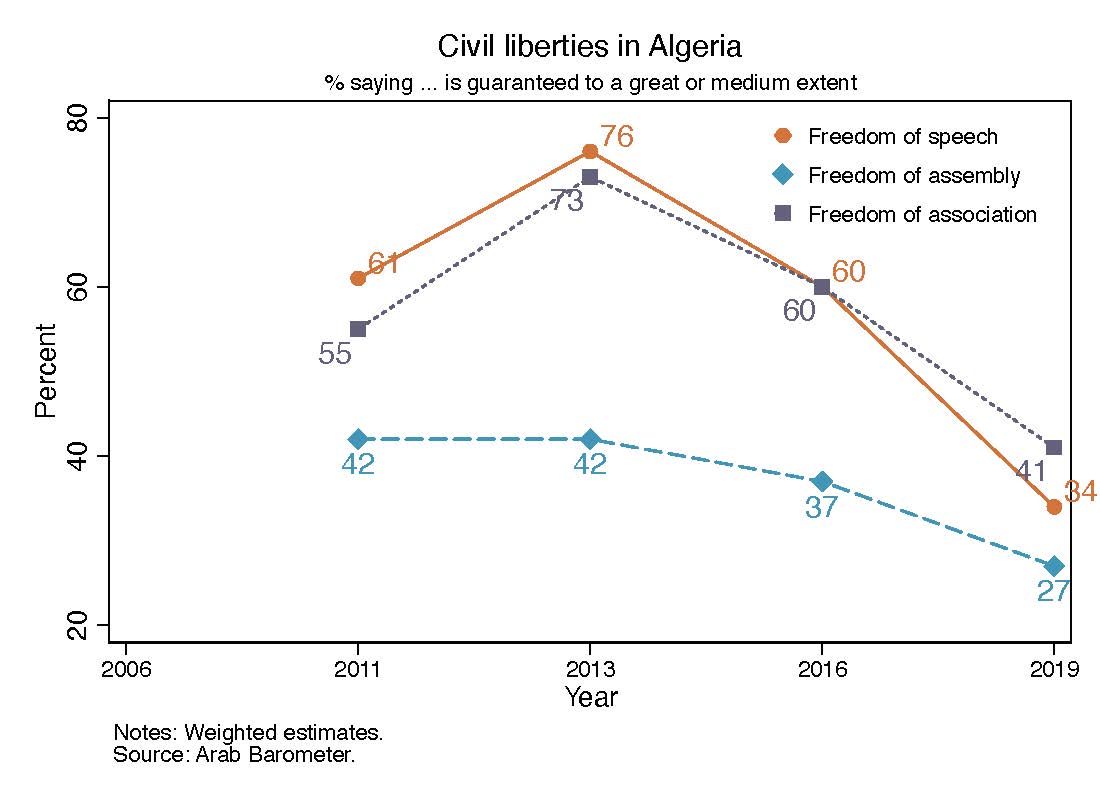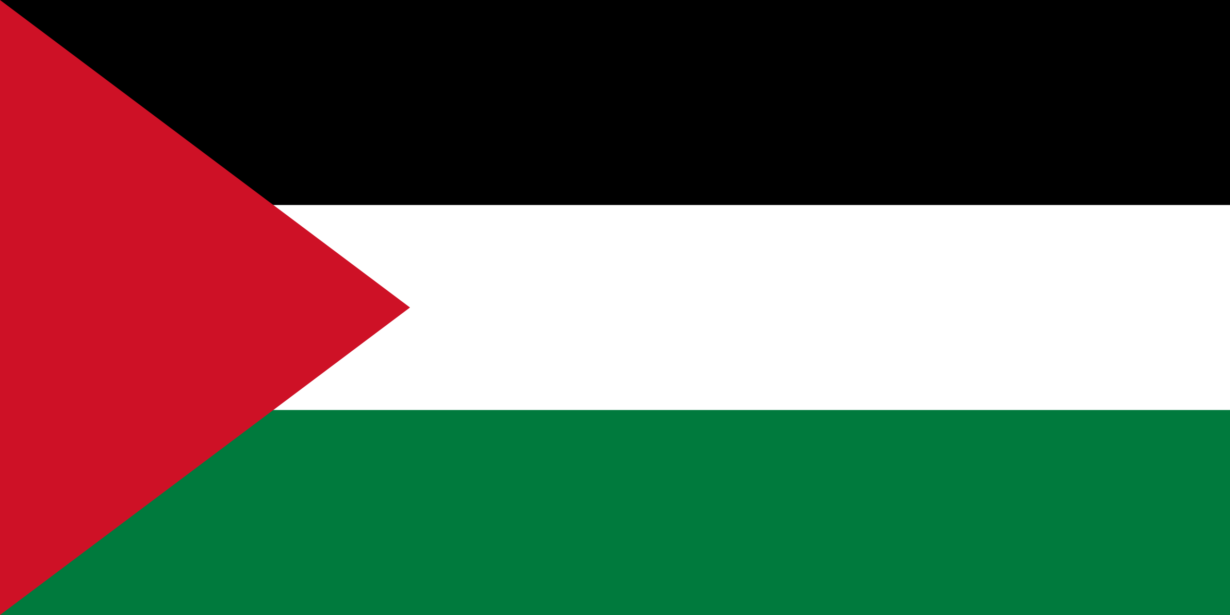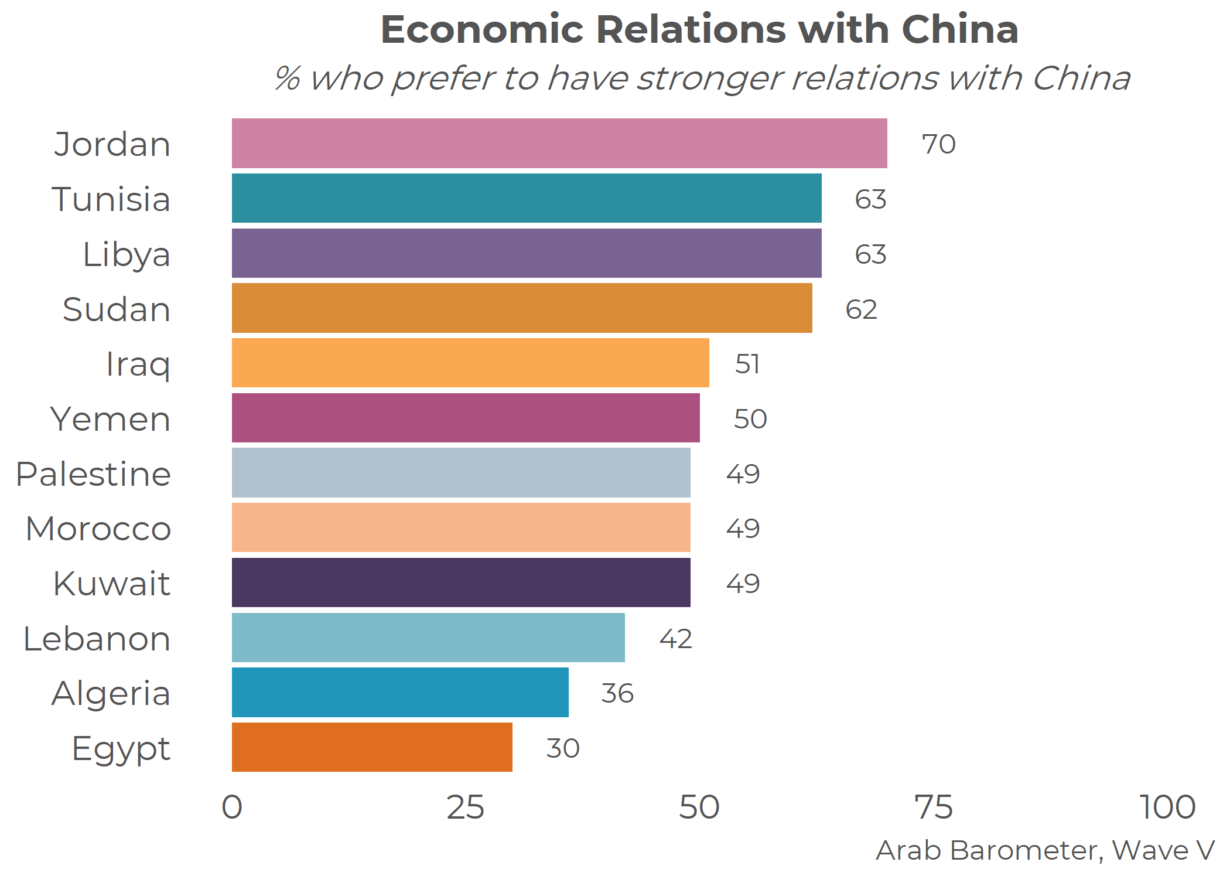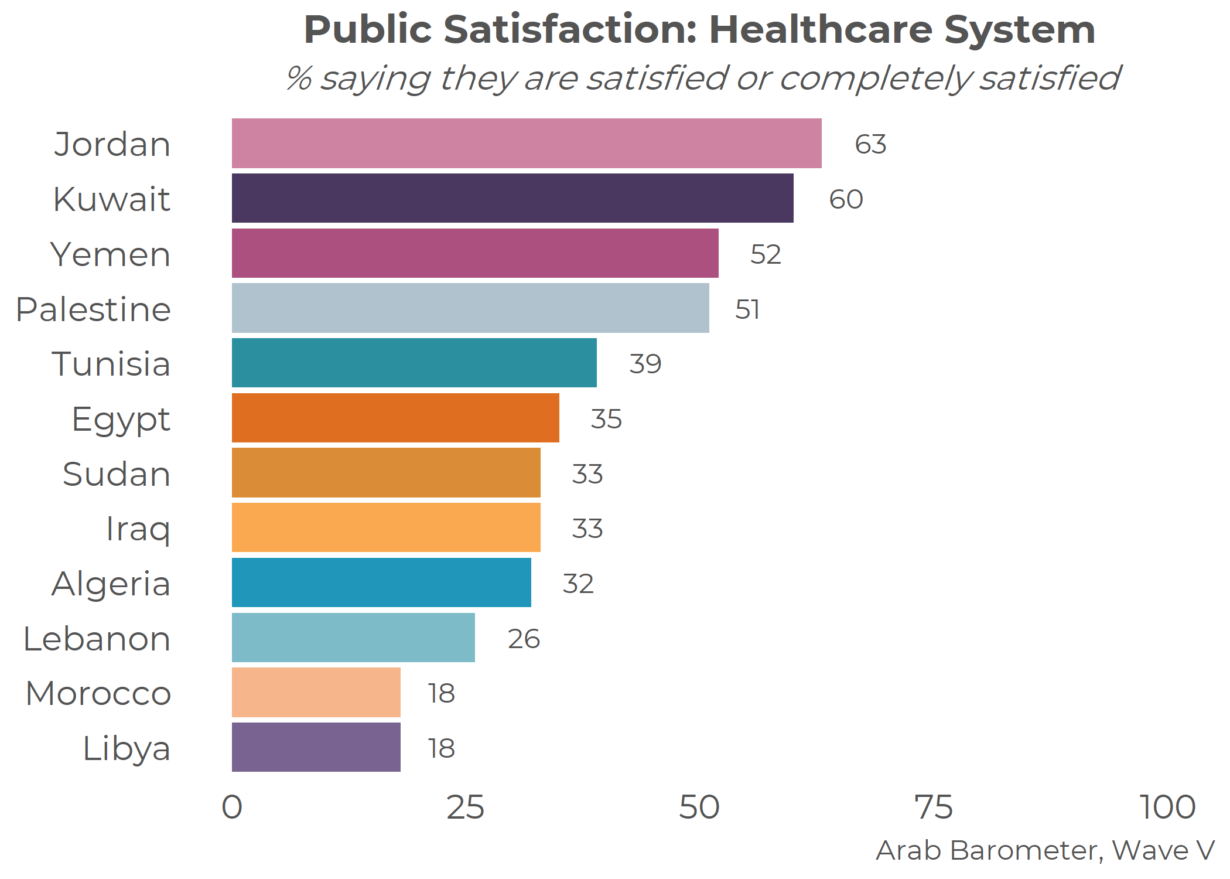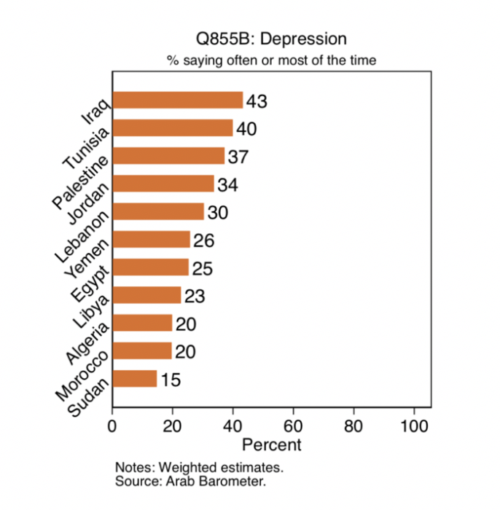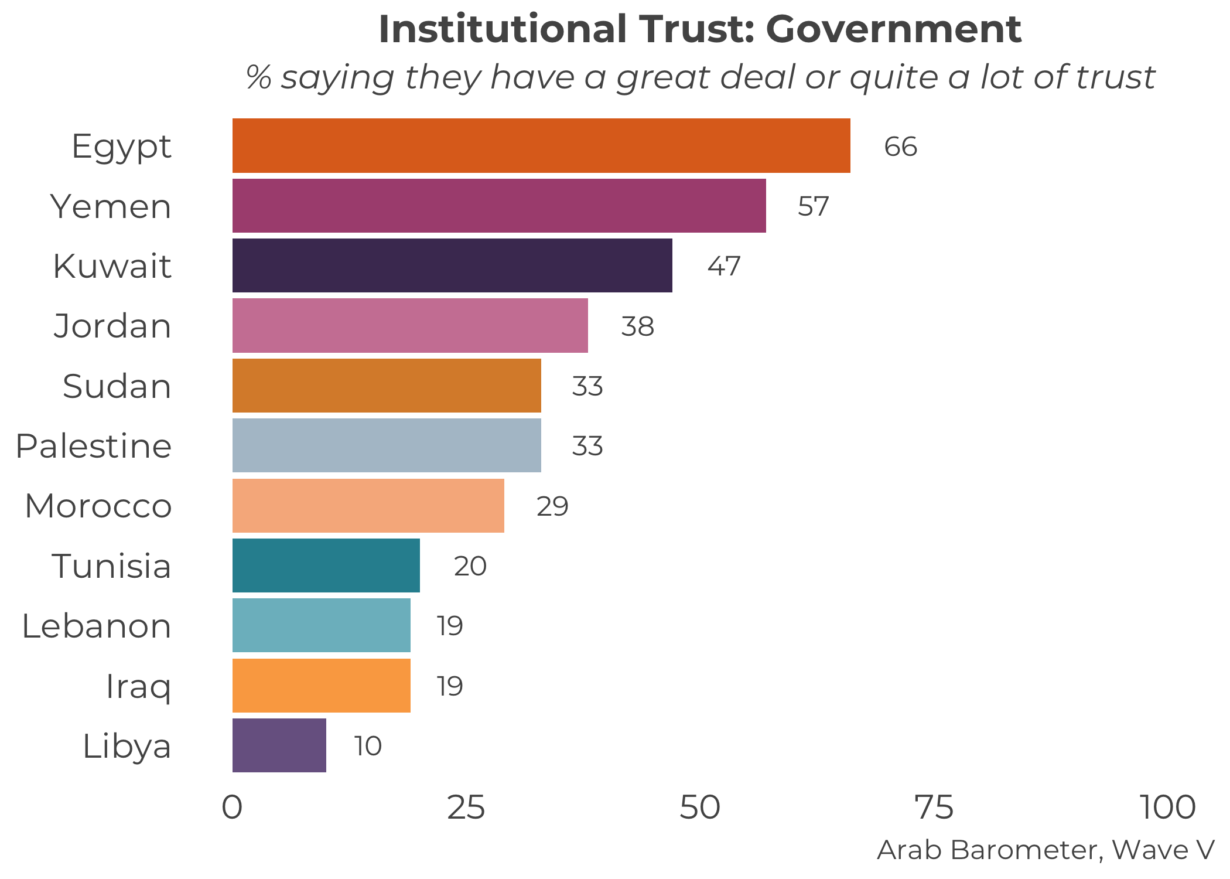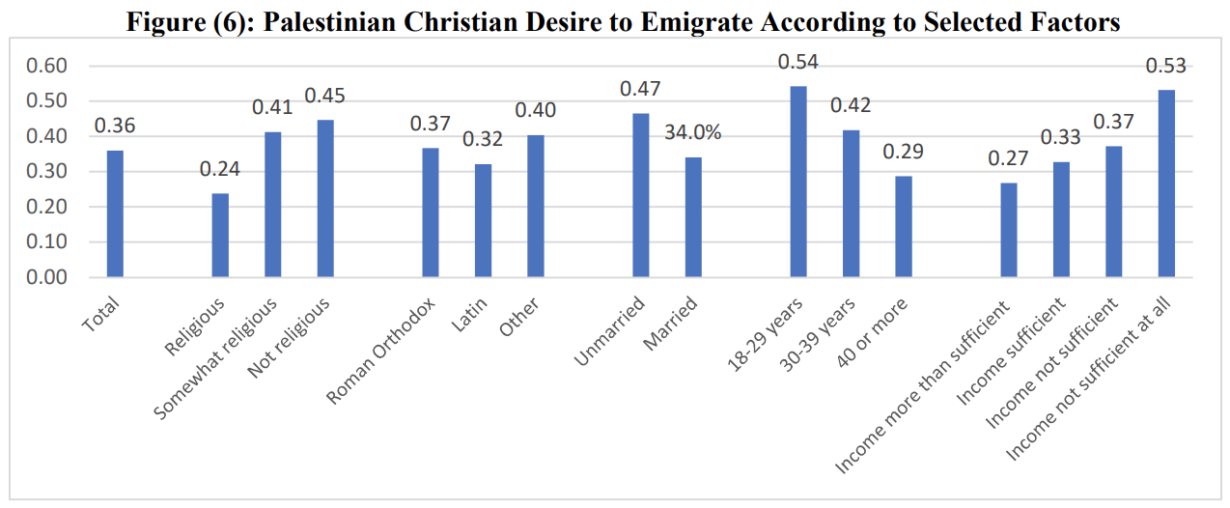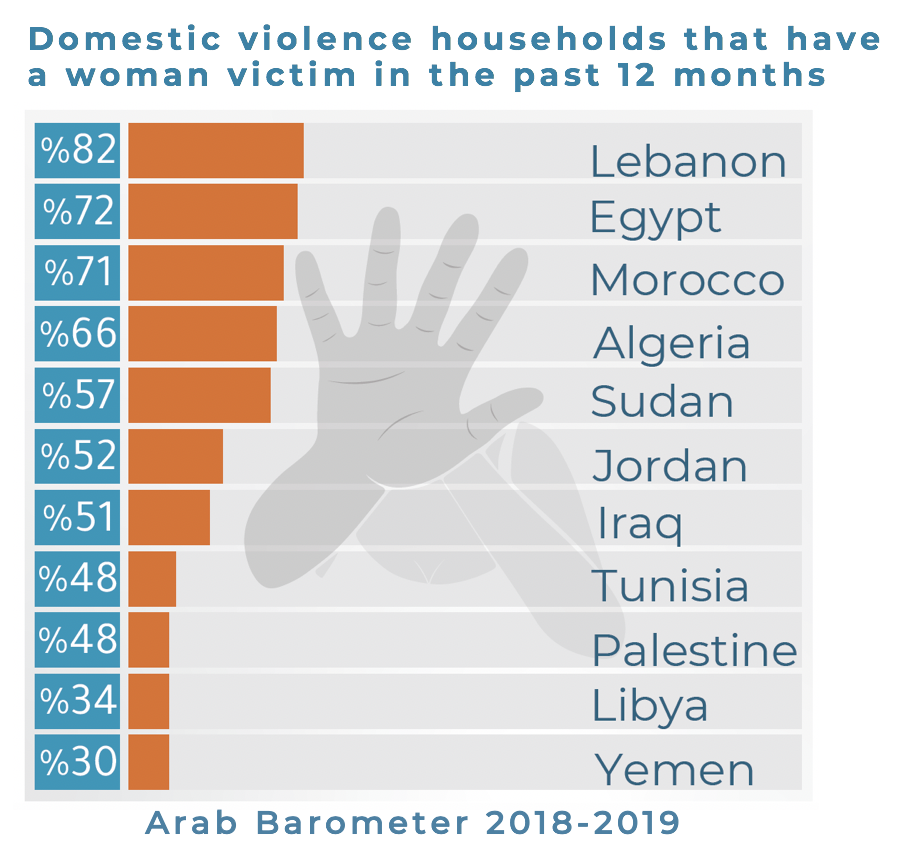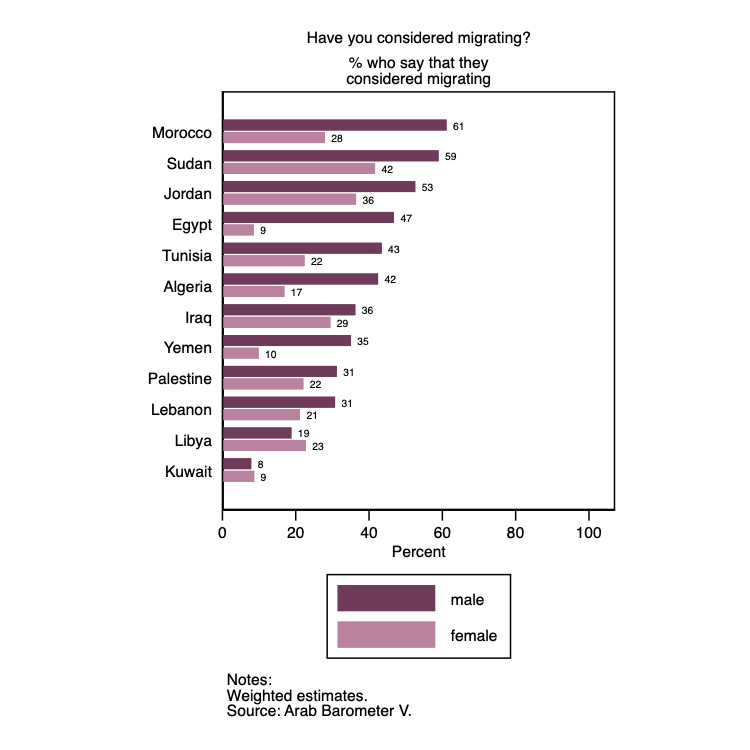August 24, 2020
Are Islamists in the MENA more Pro-Democracy than Seculars?
The recent decades have witnessed an increase in the visibility of political parties with conservative backgrounds in the Middle East and North Africa (MENA) region. These parties have had varied experiences in government, ranging from subordination (E.g the Muslim Brotherhood in Egypt) to power-sharing (e.g Ennahda in Tunisia) to dominance (the AKP in Turkey). These varied experiences were shaped by…
August 21, 2020
August 11, 2020
Thirteen Years After the West Bank-Gaza Strip Split: Phased Policy Alternatives Between Reunification and Separation
The solutions proposed since the 2011 Cairo Agreement to restore unity between Fatah and Hamas have failed to reach the intended goal, in part because of their ambitious goal of restoring full reunification. This failure reflects the inability to overcome existing obstacles as both sides refuse to abandon their goal of dominating and controlling the other while strengthening their own…
August 3, 2020
Is this China’s Moment in MENA?
China’s influence across the Middle East and North Africa (MENA) has steadily been increasing. Seventeen countries have signed documents related to its Belt and Road Initiative (BRI). Many countries, including Lebanon, Tunisia, Egypt, and Iraq have seen dramatic increases in Chinese engagement, leading some to question if they are on the verge of becoming Chinese client states. More recently, China…
July 24, 2020
The Impact of COVID-19 on MENA’s Already Challenged Healthcare Systems
As the world faces COVID-19, public trust is crucial to countries effectively dealing with the pandemic. Already, the swift action of leaders in Taiwan, Singapore, South Korea, and New Zealand has been praised. This swift action was enabled and reinforced by citizens trusting government responses to the disease and buying into the isolation measures necessary to slow its spread. On…
July 9, 2020
Fact Sheet: Prevalence of Mental Health Problems in MENA
Background In the fifth and latest wave of the Arab Barometer, we asked over 25,000 citizens throughout the Middle East and North Africa questions about potential issues regarding mental health. These results suggest additional challenges for governments across the region to tackle. The following factsheet sets out some of the main findings and links to wider information where it is…
July 6, 2020
The Arab World’s Trust in Government and the Perils of Generalization
It is no secret that the Arab World has had a prolonged and sustained crisis in governance. This crisis was the primary driver behind the massive protest wave that swept through Arab countries beginning in 2011, leading to political instability and regime collapse, which is still reverberating today. Thus, the questions of trust in government and evaluation of governance are…
June 23, 2020
Majority of Palestinians expect Israel to annex the Jordan Valley and the settlement areas in the West Bank
Two-thirds of the Palestinian public expect Israel to annex the Jordan Valley and the settlement areas in the West Bank, and the majority expresses support for the PA policy of ceasing to implement the Oslo agreement and to sever relations with Israel. But large majorities express worry about the likely consequences of the PA policy on them and on their…
June 23, 2020
Migration of Palestinian Christians: Drivers and Means of Combating it
The Palestinian Center for Policy and Survey Research (PSR) conducted a public opinion poll among Palestinian Christians in the West Bank and the Gaza Strip during the period between 27 January and 23 February 2020. The poll sought to explore the reasons that drive Christians to emigrate from their homeland in Palestine to other countries and the various means that…
June 8, 2020
Domestic Violence and Arab Women’s False Choice during COVID-19
Domestic violence is back on the radar in the public spheres across MENA due to the COVID-19 pandemic. As such, this crisis could serve as an opportunity to transform domestic violence from a private matter to a public concern in Arab countries and a chance to reform unequal gender relations through the elimination of long-standing gender norms. Domestic violence historically…
June 1, 2020
A MENA Paradox in Migration?
Throughout the Middle East and North Africa (MENA), high female educational attainment is not met with commensurate participation in economic and political life, a phenomenon the World Bank dubs the “MENA paradox.” Is this paradox mirrored in gendered migration trends in the region? According to the fifth wave of the Arab Barometer, men are nearly twice as likely as women…
May 14, 2020
Topics
- Charity2
- Corruption113
- COVID-1969
- Democracy35
- Discrimination13
- Economy226
- Education51
- Environment36
- Extremism19
- Freedoms50
- Gender Issues159
- Governance253
- Health44
- International Relations193
- Labor Market35
- Media31
- Migration63
- Political Institutions213
- Political Participation33
- Political Systems60
- Refugees6
- Religion118
- Security31
- Social Justice44
- Wellbeing2
- Youth75
